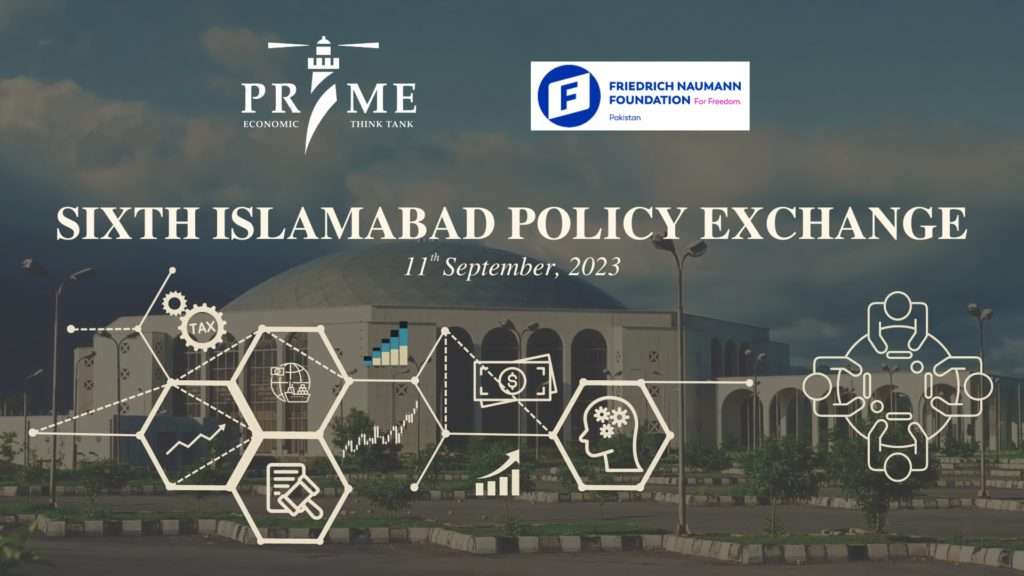
If the implementation of Minimum Energy Performance Standards (MEPS) and Energy Efficiency Conservation Policy (EECP) is successful, a $1bn investment in energy efficient technologies could lead to a benefit of over $6 Billion.
This was shared in the 6th Islamabad Policy Exchange organized by PRIME (Policy Research Institute of Market Economy) on 11th September 2023. The event was attended by policy practitioners from the government and the private sector.
The discussion revolved around an introduction to EECP and MEPS in Pakistan, put forth by National Energy Efficiency and Conservation Authority (NEECA).
The Islamabad Policy Exchange is a forum for candid discussions for policy stakeholders, held under Chatham House rules.
The audience was informed by experts of how the new policies work, what systems must be put in place to facilitate the policies and how to advocate for these policies.
Experts highlighted the requirements for developing a system for facilitation of MEPS and EECP. A new culture of efficient energy usage must be adopted by the people of Pakistan, be it through the use of advertisements, or NEECA policy.
Experts also emphasized the main aims of MEPS and EECP: Reducing energy inefficiency both at home and in workplaces. Making the procurement of minimum energy performance standards mandatory for all industries, and Promoting energy audits to ensure that firms at the provincial and local level operate at energy-efficient levels.
Both Appliance regulations and EECP will be mandated across all provinces, and it has been planned that penalties will be determined by the Cabinet, with fines of up to 1million PKR.
The planning commission will be made responsible for coordinating and facilitating the policies with provincial and local governments in their respective regions.
The experts also highlighted Challenges faced by NEECA for policy implementation, including the lack of labs to test the efficacy of these technologies. There appears to be a lack of prioritization given to these policies compared to other government projects.
Bureaucracy and red tape surround the topic of energy auditing by firms. There is a lack of information regarding the benefits of energy auditing for businesses. There is a fear amongst industries that energy audits might expose their firms to penalties in case of failure to uphold MEPS and EECP, and may lead to a revocation of subsidies to their sector.
It was brought to light during the discussions that there is a general mistrust of the government on the part of the public. there is very little faith that MEPS and EECP will be able to increase consumer savings.
To ensure that people and industries follow these new policies, advocacy and promotion of the policies are required.
Regarding energy auditing, firms have already received incentives and to encourage them to undergo an energy audit, the first 100 energy audits are free. NEECA can create special seals to be placed on energy-efficient appliances and equipment to guarantee that certain appliances/equipment are more energy-efficient than others and have been duly tested. Pakistan has many communities across the country that could be used to instill the idea of energy efficiency within their respective communities.
NEECA also introduced their plan to collaborate labs at public universities to research and develop innovative means of reducing the country’s energy footprint.
Participants unanimously agreed on the importance of these policies, and acknowledged the challenges faced by NEECA, especially regarding the public’s distrust of the government. They expressed great interest in ensuring that more work would be done to establish a proper system to facilitate MEPS and EECP, with the aim of reducing Pakistan’s energy emissions..

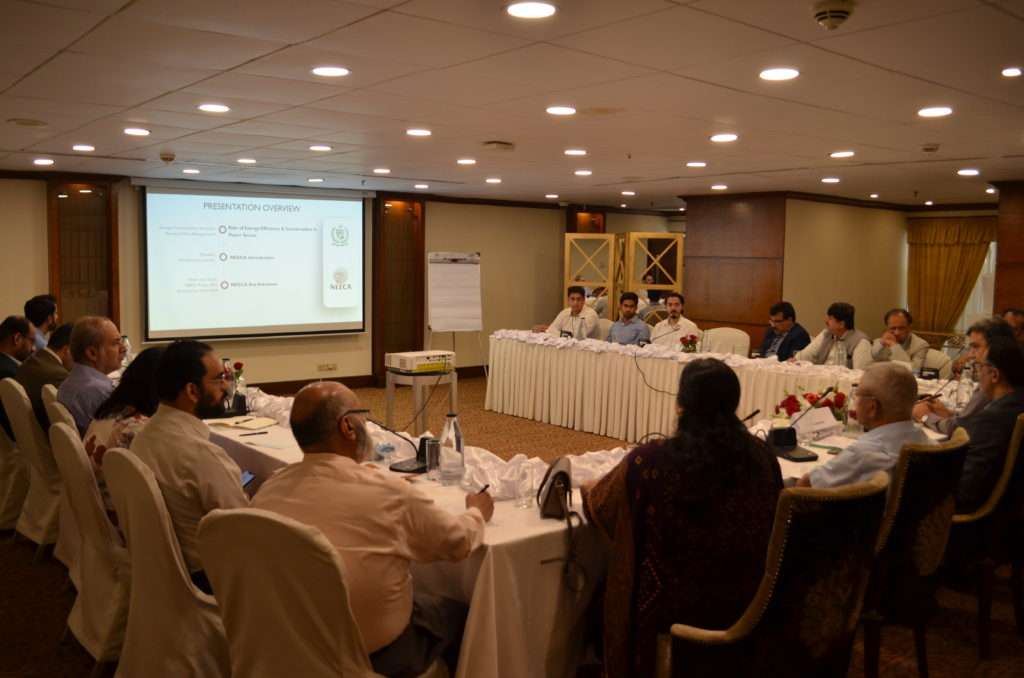
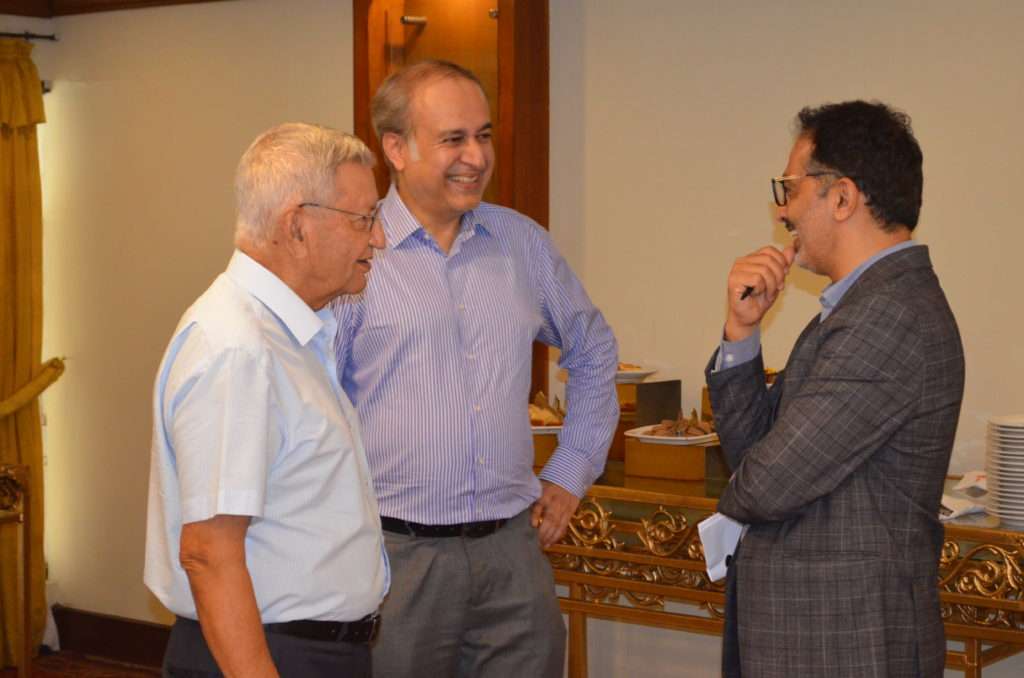
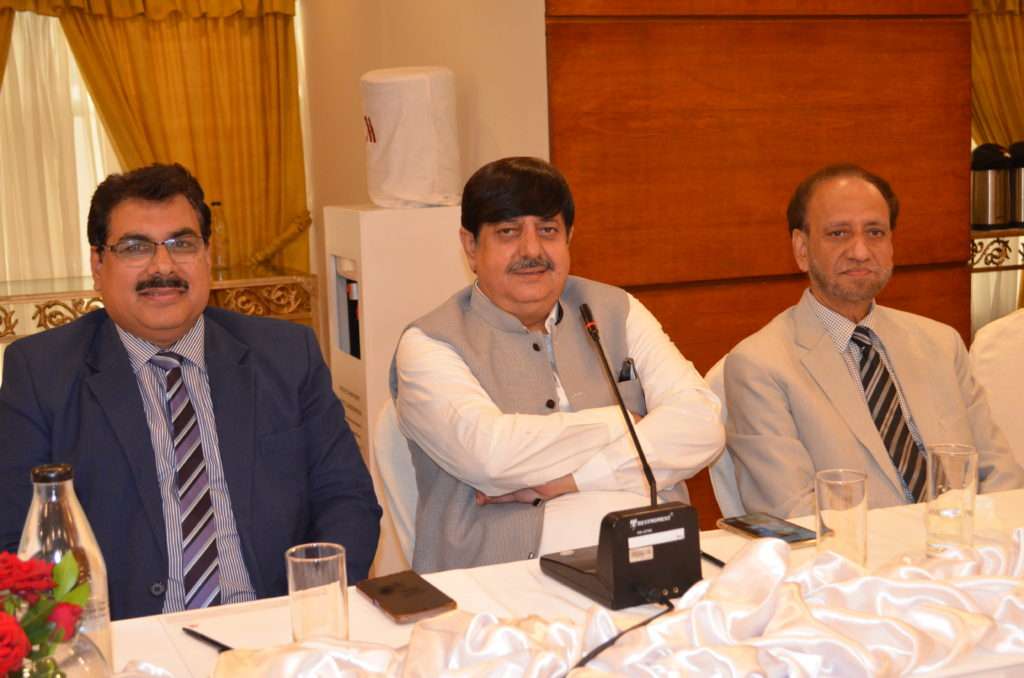
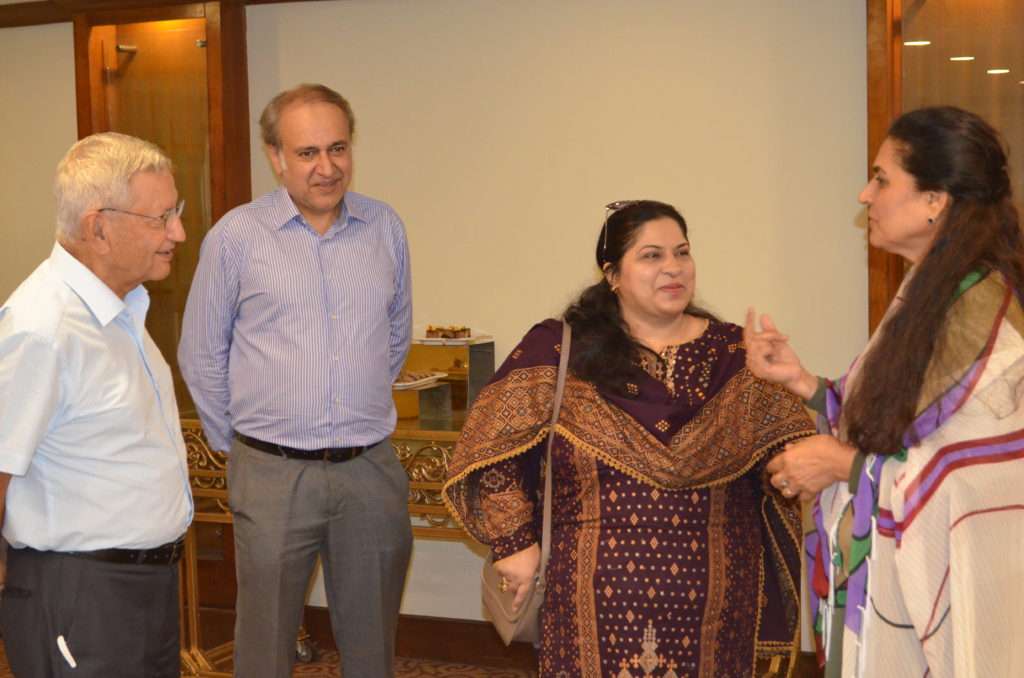
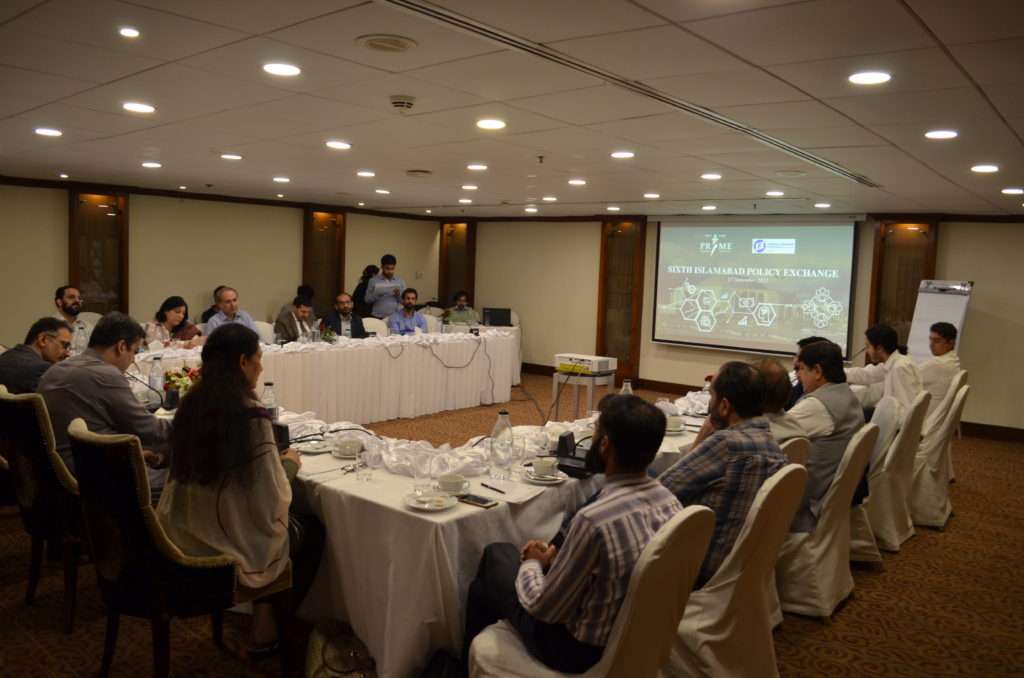
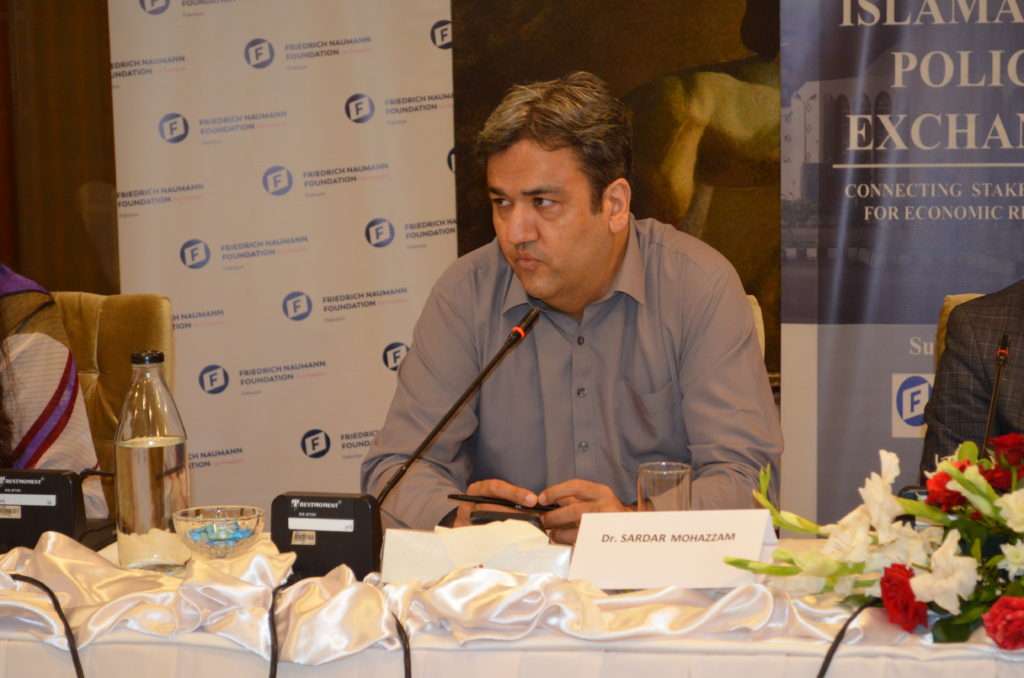
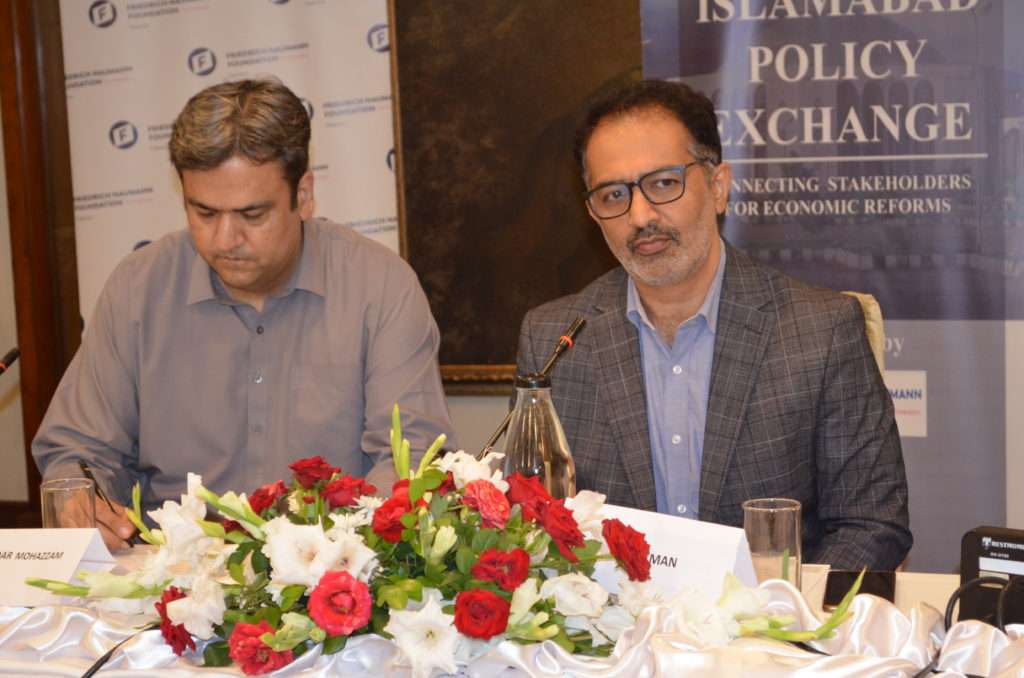
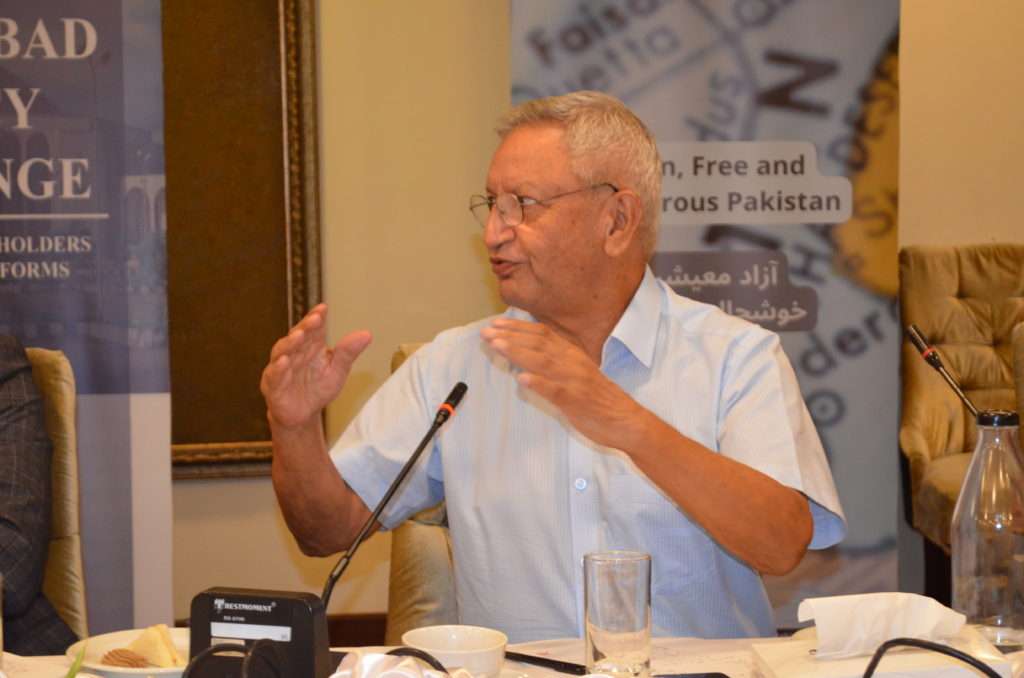
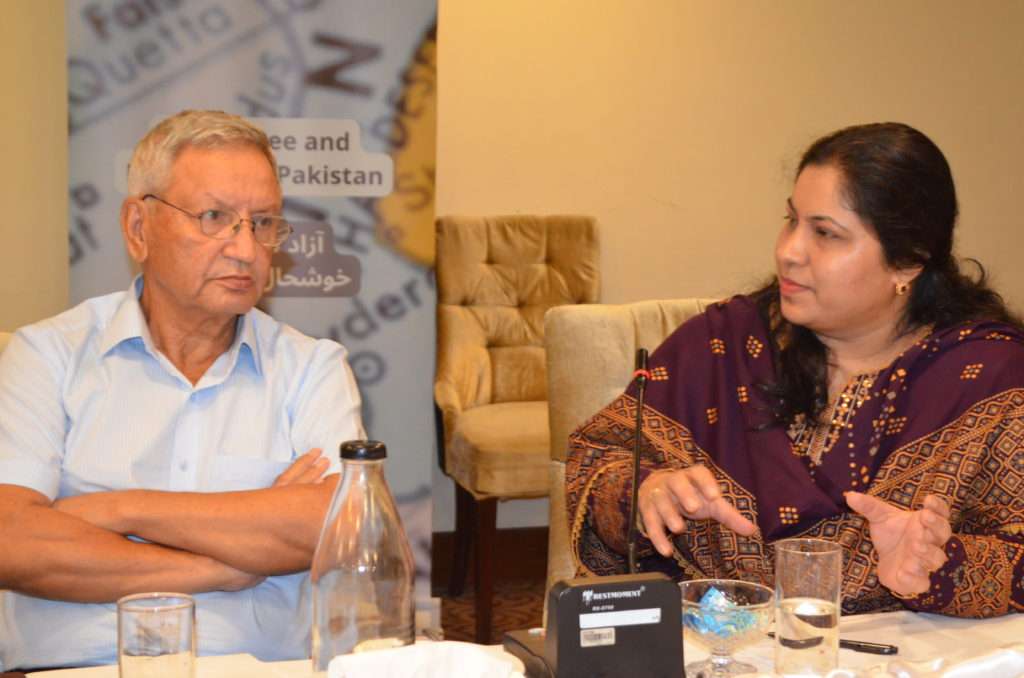
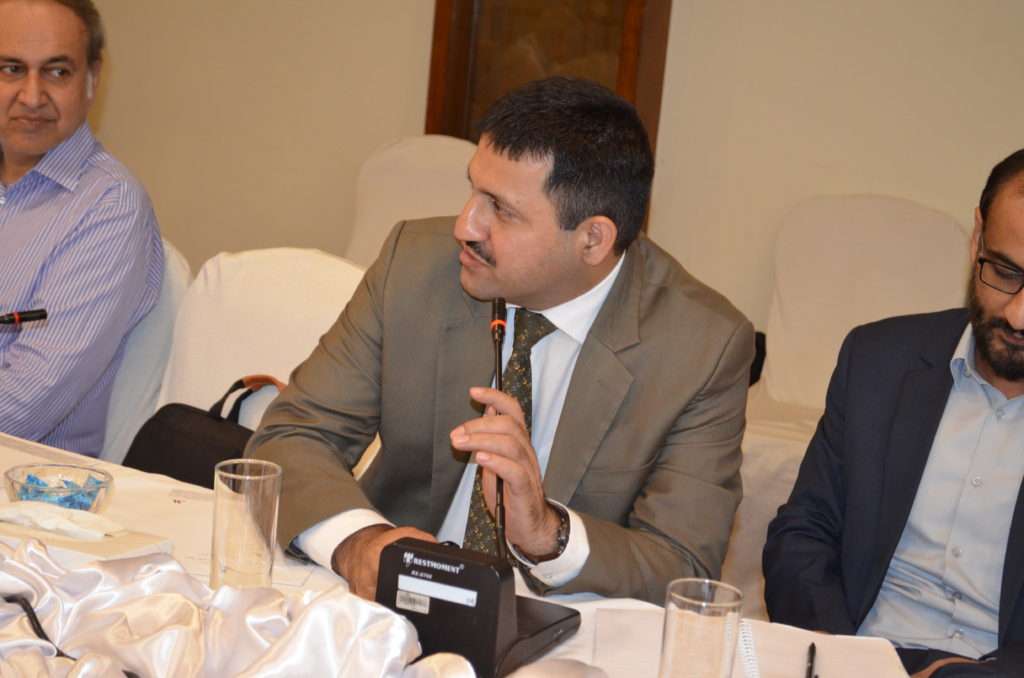
For inquiries, please contact farhan@primeinstitute.org or call at 03315226825
